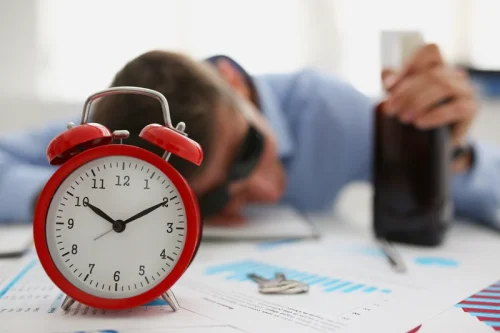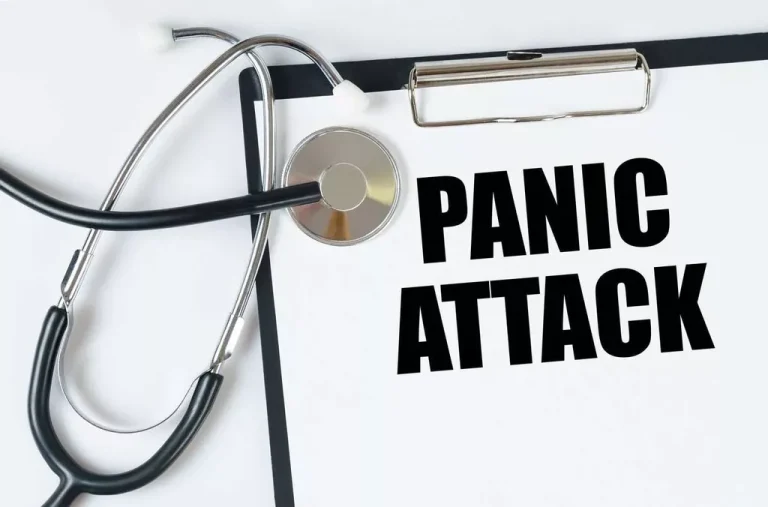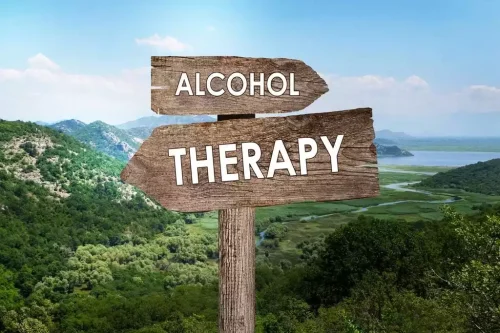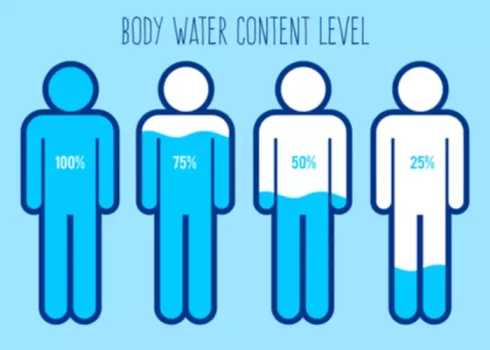
This circuit affects incentive motivation, i.e., how an organism reacts to incentive changes in the environment. It has been around for thousands of years and has been known for its many stimulating and mind altering effects. It is a drug which is so commonly available in so many different forms and guises that it is often hard to even look at it in that way. The good news is that within a year of stopping alcohol and dopamine drinking, most cognitive damage can be reversed or improved. I am a PhD-trained biochemist and neuroscientist with over 9 years of research experience in the field of neurodegenerative diseases. As an academic I have published several scientific papers; as a medical writer I have written many articles in print and online, covering topics on ageing, brain health, anatomy, psychiatry, and nutrition.
EFhd2/Swiprosin-1 is a common genetic determinator for sensation-seeking/low anxiety and alcohol addiction
The initial euphoric effects of alcohol are a result of dopamine being released from the reward center in the brain. Here, we outline a framework for understanding alcohol-induced changes in the brain, which can help you appreciate the challenges faced by many patients with AUD when they try to cut back or quit drinking. We then describe evidence-based treatments you can recommend to patients to help the brain, and the patient as a whole, to recover. In addition to the effect of ethanol on DA release, it can also affect the functioning of DA receptors, particularly D2 and D1 receptors. The D1 receptor binds with excitatory G protein and activates adenylate cyclase (AC) via Gs; AC catalyzes the production of cAMP and cAMP regulates cAMP-dependent protein kinases to open calcium ion channels.

Publication types

This disynaptic mechanism involves acetylcholine released from cholinergic interneurons activating nAChRs on dopamine axons to induce dopamine release. Thus, any changes to cholinergic signaling in striatum might also influence changes in dopamine release. Similarly, in a limited set of putamen slices from the female cohort, we observed a potential reduction in cholinergic driven dopamine release in alcohol monkeys relative to controls (Fig. S1).
Inhibition of IKKbeta reduces ethanol consumption in C57BL/6J Mice
Significant voxels after false discovery rate (FDR) correction are displayed. We assessed selective attention capture using a dot-probe task modified from our previous studies assessing AB toward smoking cues in cigarette smokers [62, 63] (See Supplementary Materials). Faster response times (RT) in trials in which the target was congruent with the alcohol image versus the neutral image indicates AB toward alcohol-related cues via selective attention capture. Together, medication and behavioral health treatments can facilitate functional brain recovery.

Drug addiction: hyperkatifeia/negative reinforcement as a framework for medications development
- Activation of serotonin receptors (5-HTR) produces multiple effects on neurons.
- For example, alcohol has been shown to activate dopamine systems in certain areas of the brain (i.e., the limbic system) through an interaction with glutamate receptors (Koob 1996).
- Patients were instructed to take one tablet on days when they perceived a risk of drinking alcohol.
- For example, although short-term alcohol consumption may increase GABAA receptor function, prolonged drinking has the opposite effect (Mihic and Harris 1995; Valenzuela and Harris 1997).
- Remarkably, a single exposure to a vasopressinlike chemical while an animal is under the effects of alcohol is followed by long-lasting tolerance to alcohol (Kalant 1993).
Instead, it helps reinforce enjoyable sensations and behaviors by linking things that make you feel good with a desire to do them again. People sometimes refer to dopamine as the “pleasure chemical.” This term stems from the misconception that dopamine is directly responsible for feelings of euphoria or pleasure. Eating good food, having sex, creating art, and a range of other things can trigger similar responses from your brain’s reward center. https://ecosoberhouse.com/ While dopamine isn’t the sole cause of addiction, its motivational properties are thought to play a role in addiction. The COVID-19 crisis has created heightened anxiety and depression, increasing the risk of substance abuse. This activity provides 0.75 CME/CE credits for physicians, physician assistants, nurses, pharmacists, and psychologists, as well as other healthcare professionals whose licensing boards accept APA or AMA credits.

The field of neurotransmitters is a highly active field of research nowadays. Different alleles of the genes in the various pathways are being studied in different population groups across the world. However, what remains to be seen is a definitive consensus on a causative allele of alcoholism. There are conflicting reports in this regard with different population groups having different alleles as risk factors. Moreover, new alleles are also being discovered wherein an association exists between the stated allele and alcoholism. As a reviewer, I would suggest one possible way to overcome much of the conflicting reports would be to perform studies with a much larger sample size.
Dopamine release was altered in a sex-dependent manner in chronic alcohol self-administering macaques
When the brain fails to produce enough dopamine, it can result in Parkinson’s disease. The primary treatment for Parkinson’s disease is a drug called L-dopa, which spurs the production of dopamine. This circuit registers an intense experience (such as getting high) as “important” and creates lasting memories of it as pleasurable. Dopamine changes the brain on a cellular level, commanding the brain to do it again. Dopamine is known as the feel-good neurotransmitter—a chemical that ferries information between neurons.
Epigenetic basis of the dark side of alcohol addiction
The dopamine system and alcohol dependence
- Both positive and negative reinforcement play a role in alcoholism (Koob et al. 1994).
- Talking to a friend, unexpected surprises, playing video games, watching a movie, and accomplishing your goals can also increase dopamine.
- The mechanisms involved behind alcohol sensitization, tolerance, withdrawal and dependence are discussed in the following sections.
- Our findings support prior work indicating the importance of dopaminergic signaling in salience network FC [101, 115], and supporting a potentially key role for this functional network in AB [116].
